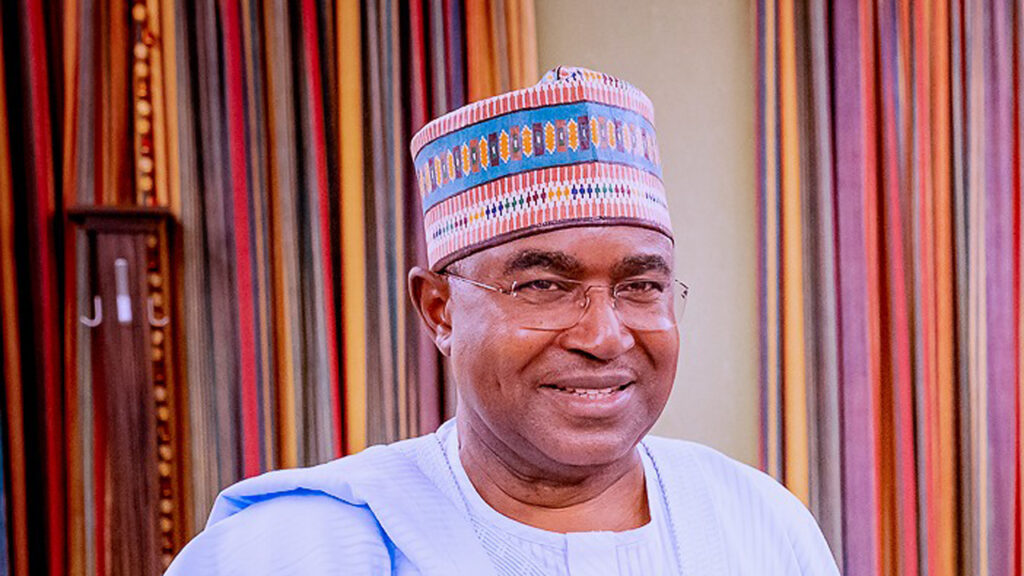
Nigeria spent over N355 billion on the 2023 general elections, exceeding the initial budget of N305 billion, according to the Independent National Electoral Commission (INEC).
INEC, in an official report released on Friday, disclosed that the initially approved budget of N305,001,824,846.49k allocated for the conduct of the election proved insufficient due to unanticipated contingencies.
The commission attributed the additional expense to unforeseen circumstances, including inflation, foreign exchange fluctuations, and attacks on its facilities.
The breakdown of this amount shows that the commission requires N159,766,227,723.25K for electoral operations; N117,379,778,270.61K for electoral technology; and N20,416,749,971.50K for electoral administrative costs.
While the sum of N7,439,068,899.13K, which is 2.5% of the election operation, is set aside for unforeseen electoral expenses.
INEC stated that by January 2023, it became apparent that the proposed budget would not suffice, prompting the Commission to request a supplementary appropriation of N52,119,179,322:11K from the Presidency.
“It was clear that this amount would not be enough for the conduct of the election due to the inflation rate and consumer price index as well as the widening differentials in the foreign exchange rate,” the report reads.
“These three factors negatively impacted on the procurement of domestic goods and services and the purchase of offshore electoral equipment and materials. Furthermore, the Commission also faced the necessity to rebuild or relocate its operations from its buildings that were destroyed or burnt and replace lost election materials due to arson attacks and fire outbreaks.”
The electoral body noted that the request was duly considered and approved for appropriation by the National Assembly, bringing the total funds approved and appropriated for the conduct of the 2023 general election to N355,298,198,340.47k.
The breakdown of the appropriated amount, according to INEC, was calculated based on the Average Cost per Registered Voter Index (COVI), resulting in N3,801 (US$6.72) per voter for the 93,469,008 registered voters in Nigeria.
“This is well within the internationally acceptable Average Cost per Registered Voter (ACRV) of $4 to $8 that is deemed adequate for the conduct of election in transitional democracies. In fact, the ACRV for the 2023 general election is less than the actual cost of $9.62 and US$7.38 cost
per voter for the 2015 and 2019 general elections respectively and very reasonable
in comparison to the cost per voter in other transitional democracies, such as Ghana
and Kenya.”
Following the approval, the commission disclosed that it engaged with the Ministry of Finance, Budget, and National Planning to secure the release of funds as stipulated in Section 81(2,3&4) of the 1999 Constitution.
“This led to the cumulative release of the sum of N293,480,619,640.29K in tranches between February 2022 and February 2023. A further amount of N20,000,000,000K was released to the Commission in August and September 2023,”
INEC, however, noted that despite these releases, as of October 2023, an outstanding amount of N61,817,578,700.18K remains.
“A further amount of N20,000,000,000K was released to the Commission in August and September 2023. The sum of N61,817,578,700.18K is outstanding as of October 2023.”
According to INEC, the 2023 general election is the country’s “best planned and most innovative election,” as it witnessed the highest number of eligible voters.













